Algae: incredible superfood
Date:2019-05-22Views:904
If you don't live under rocks, you may have heard of algae. Algae do not refer to the presence of green nuisance in fish tanks. They are single-celled organisms that do not necessarily grow at sea. However, algae do not stop there. Not only can you eat many types of algae, but they are also good for your health. They are super food. You can't ignore algae. Okay, no more. Why? Because they offer a range of delicious possibilities. Because it will be their year. Don't you believe us? Read on and be surprised.
The Past, Present and Future of Algae Food
Algae in human food and today's examples:
You shouldn't try to refuel with algae from time to time. People have been eating algae since prehistoric times. They are widely consumed in Japan, China and Korea. In addition, people along the North Atlantic coast like to indulge in algae. What about Europe? In Britain and Iceland, people used to like Dulse, a salty marine vegetable. This meal still has the ability to attract family chefs and chefs.
Although it seems surprising, NASA is confident about algae in astronaut food. Although astronauts can't get algae sausages, they can indulge in leafless plants growing underwater. Algae provide space dwellers with a very important function: providing high-quality proteins and nutrients. It is important not to forget the Olympic athletes. In fact, algae - seaweed to be more precise - is one of the most conservative secrets.
Seaweed is the mainstream of modern life
A few years ago, things like seaweed slices wrapped in sandwiches were considered exotic, and now algae has a place in the kitchen. One of the biggest trends is algae. It can be found on the menu of the most imaginative restaurant. There are countless kinds of edible algae on store shelves.
Examples include, but are not limited to:
Nori algae - thin sheets for packaging, often used in sushi. Porphyra is a kind of red algae with pleasant aroma, which can be used to season rice. If you're hungry for Nori algae, sprinkle crushed algae on your favorite salad, or eat it as if you were eating any other crisp snack.
Kombu algae - Kombu is regarded as the king of algae. It is suitable for vegetable soup because it makes green easier to digest. Spaghetti and Kombu mix well. People just can't get enough seaweed pasta. Spaghetti is full of flavor.
Dulse seaweed - Aral sea vegetables can be used in soups and fish dishes. Researchers found that the seaweed tastes exactly the same as bacon in cooking. Simply put, it's salty, sweet and moist. People at Oregon State University labeled it a vegetable unicorn.
It should be noted that there are more than 100 species of microalgae. About 630 species live in British waters. Unfortunately, this group of organisms has not been studied everywhere. This means that a large number of resources have not yet been utilized.
Many companies have begun to store algae and sell spaghetti and bacon algae. More importantly, they grow their own marine plants, producing tens of thousands of tons a year. It can be concluded that they do have an impact on the niche market of algae. The focus is on humans, sometimes animals. Industry experts affirm that not only will plant foods shame the food and beverage industry, but there are more than billions of dollars in sales in the United States alone.
Algae will be used to produce ingredients
It seems that this source of nutrition has not yet been used by Western cuisine. Why? Maybe it's because the West ignores the fact that edible algae can be eaten. Or they bring health benefits. Algae occupy the least important position, which is why they are included in future plans. However, it is time for Westerners to accept seaweed as an important food.
In addition to being used as marine vegetables, algae are often used to produce ingredients. Where? Of course, in Europe. In fact, there are many edible materials that combine with algae. For example, in Brittany, seaweed is added to homemade bread, which is provided for people on vacation. France is no stranger to algae. Didn't you hear about Kumbu Breton, the famous canned tuna? Whether people like it or not, algae will be found in everything from salad dressings to biscuits. This is a commitment.
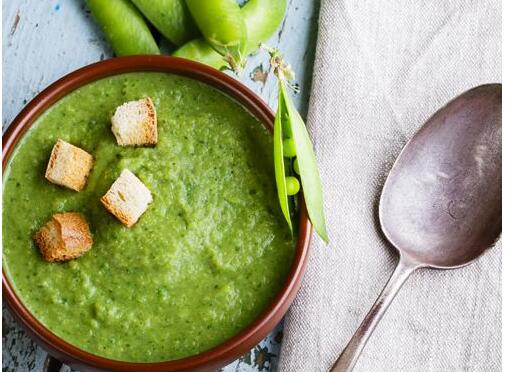 Introduce some autumn health tea for everyone
Introduce some autumn health tea for everyone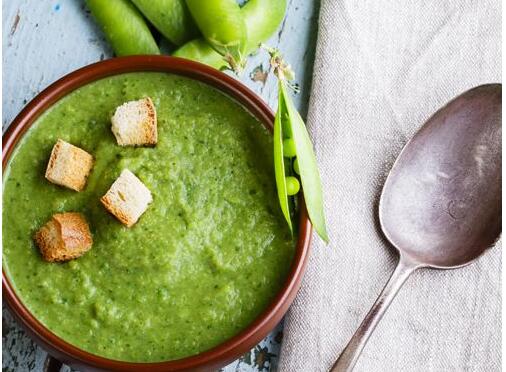 Can you grow okra in August?
Can you grow okra in August?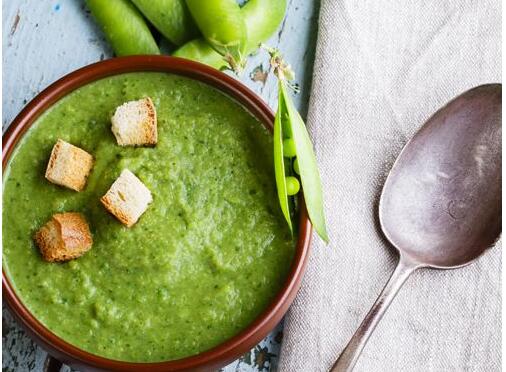 Recommended two recipes for winter health
Recommended two recipes for winter health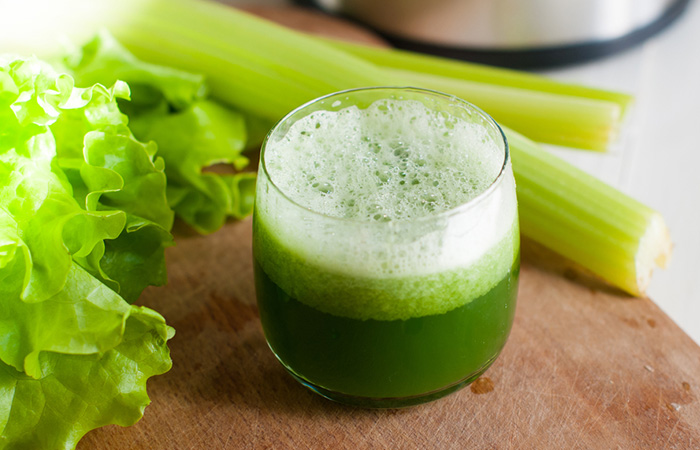 Which seasonal vegetables are good in summer?
Which seasonal vegetables are good in summer?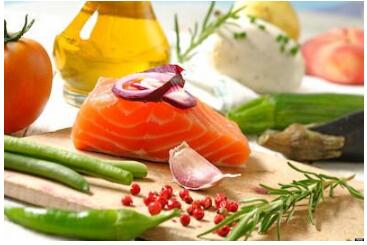 How to improve immunity in autumn
How to improve immunity in autumn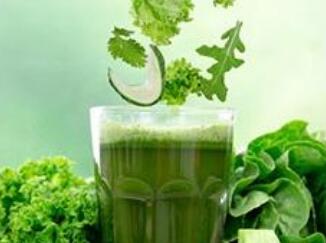 Can you grow spinach in August?
Can you grow spinach in August?
